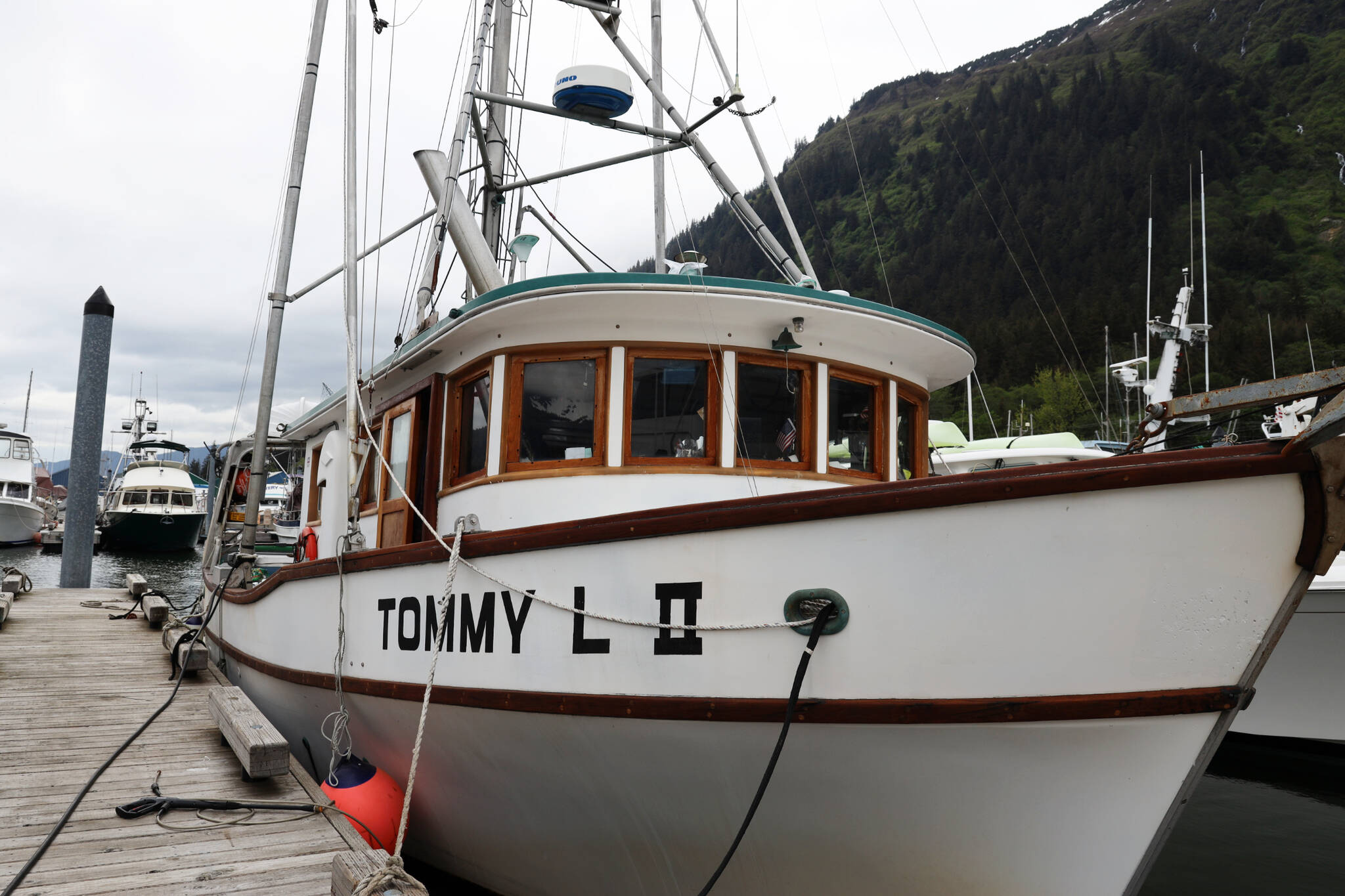The king salmon troll fishery in Southeast Alaska is again scheduled to begin July 1 following a federal court decision Wednesday allowing for the season to go forward, reversing the slated closure of the fishery.
The decision Wednesday is a reversal of an early May decision by the U.S. District Court for the Western District of Washington which ruled the Southeast king salmon summer and winter troll fisheries had been operating in violation of the Endangered Species Act and National Environmental Policy Act by causing irreversible harm to an endangered population of orcas, called southern resident killer whales.
The whales travel through Washington’s Puget Sound area due to a lack of prey, specifically wild king salmon that are caught by the fishery.
The decision follows months of turmoil that left many fishermen in the Southeast Alaska trolling industry in a net of legal proceedings and wondering if the $85 million season would happen. In Juneau, it’s estimated nearly 600 fishing and seafood processing jobs are based in the capital city, including commercial salmon trollers, and represent approximately $27.4 million in wages annually.
Longtime Juneau resident Joe Emerson — co-owner of the F/V Tommy L II berthed in Aurora Harbor — is a fisherman based in Juneau who worried his livelihood would be impacted by the closure. Following the news of the decision Wednesday that will allow for the season to begin, Emerson told the Empire that he is “ecstatic that we are going to be able to fish for king salmon July 1.”
Emerson said for a while he was unsure of which way the court’s decision would swing and was “a little surprised” it was in the fishery’s favor. He said he is already preparing to hit the water as soon as the season begins.
“They exhibited some common sense and understood that the harm to the troll fishery would have been extreme,” he said.
The May ruling was in response to a lawsuit originally filed in 2019 by a Seattle-based environmental group, Wild Fish Conservancy, and the decision only affects the king salmon troll fishery in Southeast Alaska.
From the beginning, Alaska residents and government officials from across the state have ardently expressed reservations and opposition to the lawsuit, with municipal governments including the City and Borough of Juneau along with the Alaska State Legislature signing resolutions opposing the suit.
According to the ruling Wednesday, the State of Alaska and the Alaska Trollers Association, who are the parties who issued the stay “have established a sufficient likelihood of demonstrating … that the certain and substantial impacts… on the Alaskan salmon fishing industry outweigh the speculative environmental threats posed.”
The five-page stay document continued by stating the “plaintiff-appellant has not demonstrated that the district court likely abused its discretion in declining to vacate the prey increase program.”
Following the decision Wednesday, many government officials from across the state including Gov. Mike Dunleavy, a Republican, released statements applauding the decision.
“The 9th Circuit got it right when it found that Alaska’s fishing interests outweighed the “speculative environmental threats,” Dunleavy stated.
Conservation groups like the Southeast Alaska Conservation Council based in Juneau also expressed support of the decision.
“Congratulations to the Alaska Trollers Association and their allies for their hard work ensuring Southeast Alaska’s troll fishery can proceed,” a tweet shared by SEACC on Wednesday stated.
Emerson said beyond the impact the decision will have on himself, he has already received messages from customers expressing relief that they would too receive the benefits from the season and the king salmon sales. Emerson said he thinks the support from Southeast Alaska communities and elected officials made a direct impact on displaying the gravity of what the closure would mean.
“It really helps to have everybody on the same page and supporting the troll fishery,” he said. “I think this will actually save a lot of businesses in some of the small villages from going under — it’s really fantastic and I can’t tell you how happy I am.”
• Contact reporter Clarise Larson at clarise.larson@juneauempire.com or (651)-528-1807.

